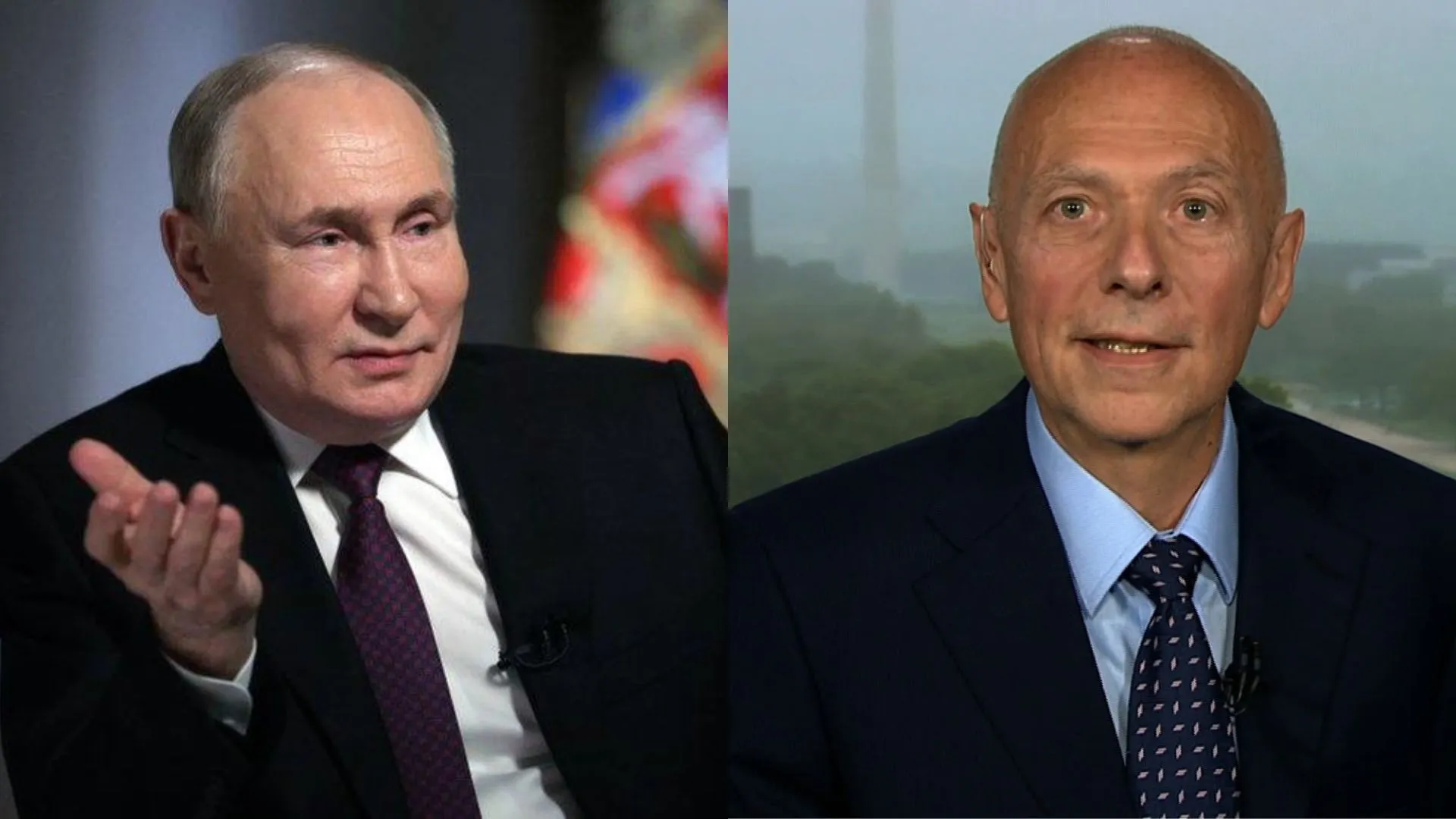In a powerful moment that marked a significant shift in Syria’s ongoing conflict, rebel leader Abu Mohammad al-Jolani declared a historic victory from the Umayyad Mosque in Damascus. This declaration followed a rapid offensive by his group, Hayat Tahrir al-Sham (HTS), which seized control of Syria’s capital in less than two weeks, effectively ending the long-standing rule of President Bashar al-Assad. Jolani’s rise to power, from a young al-Qaeda fighter to a leading commander advocating for sectarian tolerance, has been transformative, and his actions now stand at the forefront of Syria’s new political landscape.
Jolani’s choice of the Umayyad Mosque, one of the oldest and most revered religious sites in the world, was not accidental. This ancient mosque, with its 1,300-year history, served as the perfect backdrop for a leader who is seeking not only to solidify his position but also to send a strong message to his supporters, enemies, and global powers. Addressing a small group in the mosque, Jolani declared, “This victory, my brothers, is a victory for the entire Islamic nation.”
The speech was a call to arms for those who had sacrificed everything in the struggle against Assad’s regime. Jolani paid tribute to the martyrs, the widows, and the orphans who had suffered throughout the conflict. His message resonated deeply with Syrians, both those freed from Assad’s rule and those who had lived through the hardships of war.
Over the past two decades, Jolani has evolved from a militant figure with ties to al-Qaeda into a more pragmatic leader, one that emphasizes sectarian tolerance in a country that has been deeply divided by religious and ethnic lines. This transformation was key to his ability to rally support from various factions within Syria and beyond.
In his speech, Jolani also made a direct reference to Iran, signaling that Tehran’s influence in Syria had ended. He alluded to the severing of Iran’s access to Hezbollah in Lebanon, a significant shift that is likely to be felt in Tehran, Tel Aviv, and Washington. Despite being a designated terrorist with a bounty on his head, Jolani’s message was a reminder that, in Syria’s changing landscape, his words would carry weight far beyond the country’s borders.
While his words at the mosque were powerful, it’s his actions that will ultimately define his future. Jolani’s rhetoric included an assurance to regional powers that he would restore order to Syria, emphasizing the need to cleanse the country’s reputation, which had been tarnished by its association with drug trafficking and criminality under Assad’s regime.
He criticized Assad’s government for its role in making Syria the world’s leading source of Captagon, an amphetamine that has become a major problem in the Middle East. This rhetoric, while aimed at reassuring international powers, also serves as a reminder of the challenges that lie ahead for Jolani. He is not just a rebel leader; he is now tasked with governing a country that has been ravaged by war, where rebuilding trust and stability will be a monumental task.
Jolani’s speech was a declaration of victory, but it was also a sign of what’s to come. As he seeks to solidify his hold over Damascus and ensure his position within Syria’s evolving power dynamics, it is clear that his words are only the beginning. His survival in this rapidly shifting landscape will depend on his ability to navigate both the internal challenges of governing a war-torn nation and the external pressures from regional and global powers.
Syria’s future is uncertain, but Jolani’s rise to power represents a new chapter. It is a reminder that in times of conflict, victories can be both symbolic and real, and the leader who can navigate both will ultimately shape the nation’s fate.
ALSO READ: South Korean Police Weigh Travel Ban On President Yoon Amid Martial Law Investigation






















